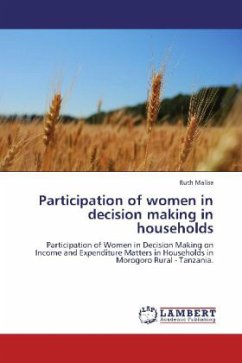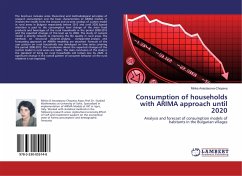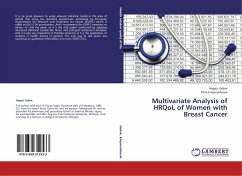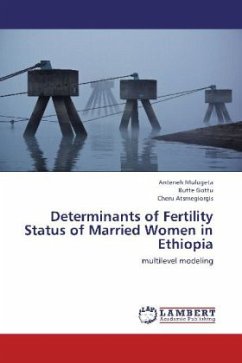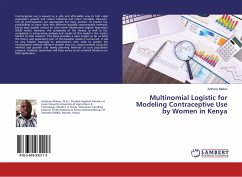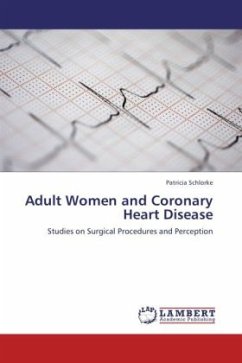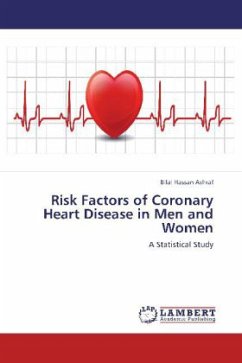This study was conducted to address women s participation in decision making on household income and expenditure items in Morogoro Rural District. The study identified major households income sources and expenditure items.The descriptive analysis shows that 41.7% of women participate in decision making while the rest 58.3% did not participate. Results from binary logistic regression on whether respondents participated in decision making or not revealed that, respondents with primary education (Odds Ratio (OR)=0.419), polygamy type of marital union (OR=2.345) and respondents with average daily income 0.05. Also the results from Multinomial Analysis shows that wives with average daily income of 4,000 Tshs who make decision with their husbands, as well as wives who make their own decision were less likely to decide on households major expenditure items compared to wives whose households decision is made by husband only.
Bitte wählen Sie Ihr Anliegen aus.
Rechnungen
Retourenschein anfordern
Bestellstatus
Storno

